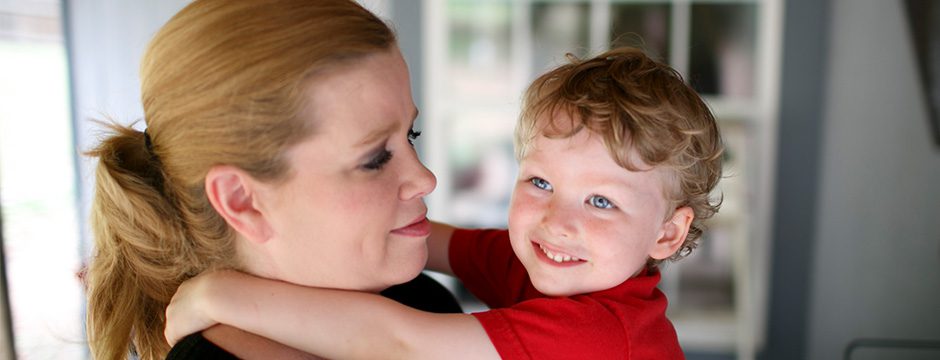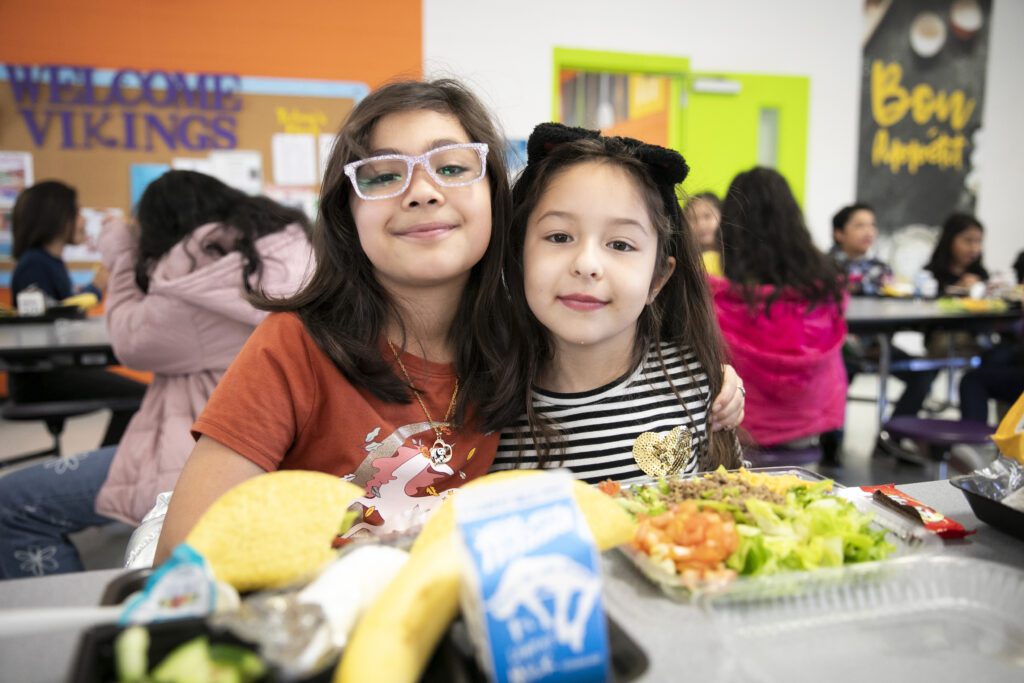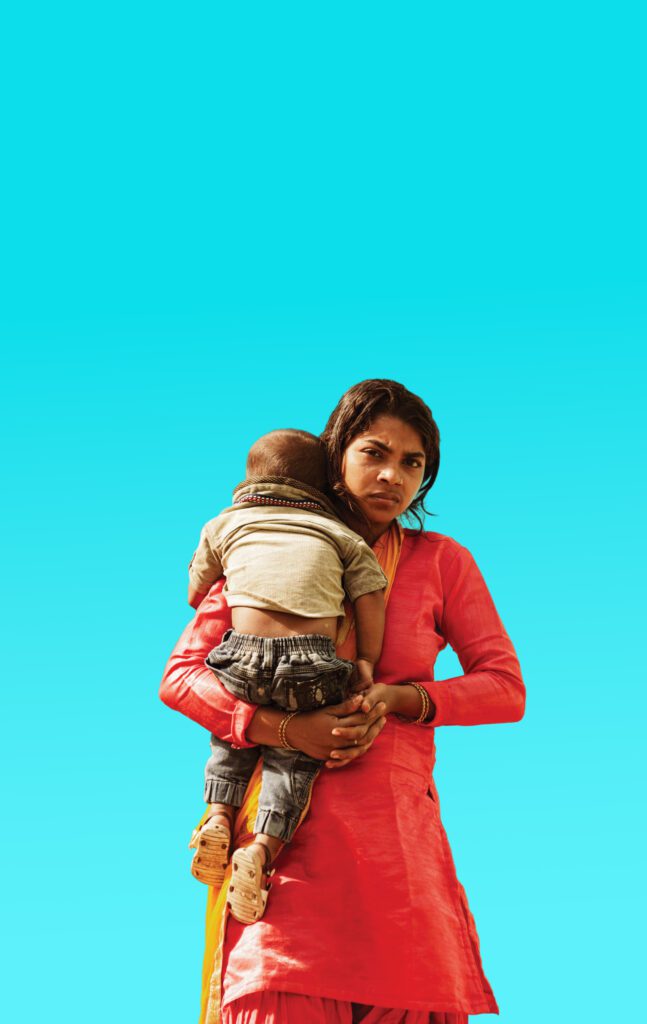
My friend Jeff Swartz, former CEO of Timberland, explains his investment in Share Our Strength over more than two decades on the grounds that we “provide access to the miraculous”. That’s been more aspiration than reality. Until recently.
In October, we led a delegation of business leaders to San Francisco. After a sobering walk through the Tenderloin, where the concentration of deep poverty all but assaults one’s senses, we visited nearby Redding Elementary School. Ninety-nine percent of the kids there live at or near the poverty line, 12% are from families struggling with homelessness. In the past, such social determinants of poverty would also guarantee these children were hungry. That is no longer the case. Redding Elementary not only offers school breakfast and school lunch, but a “second chance breakfast” later in the morning, and also an afterschool supper.
As a result, these kids with whom I sat – Michael, Ali, Juan, and a dozen others – may be poor, and from families where adults struggle with food insecurity, but they are no longer hungry.
This is one of the great successes of the national movement to end childhood hunger over the past decade. The data tell us this is no longer the exception but thanks to your support, rapidly becoming the rule. Poverty, hunger and food insecurity get measured in America across a variety of populations and in a variety of ways. One metric is particularly encouraging. For the most vulnerable children of all, those in families classified as “Very Low Food Security” – the federal government reports that in the ten years since Share Our Strength launched the No Kid Hungry campaign, the number of those families was cut in half, from 500,000 in 2008 to 250,000 last year. It’s a remarkable achievement.
But our work is not done. Even if not hungry themselves, 11 million kids, 1 in 6, still live in households that struggle with hunger and the stresses that come with it. A recent Annie E Casey Foundation report advised that “Focusing solely on helping kids doesn’t work when their lives are shaped by the adults raising them”. Eventually we must find ways to strengthen the entire family.
But for now, it’s one miracle at a time. Thank you for the one you’ve made possible, for helping to create “access to the miraculous, and for all we are sure to accomplish together in the year ahead. My best for the holiday season!


